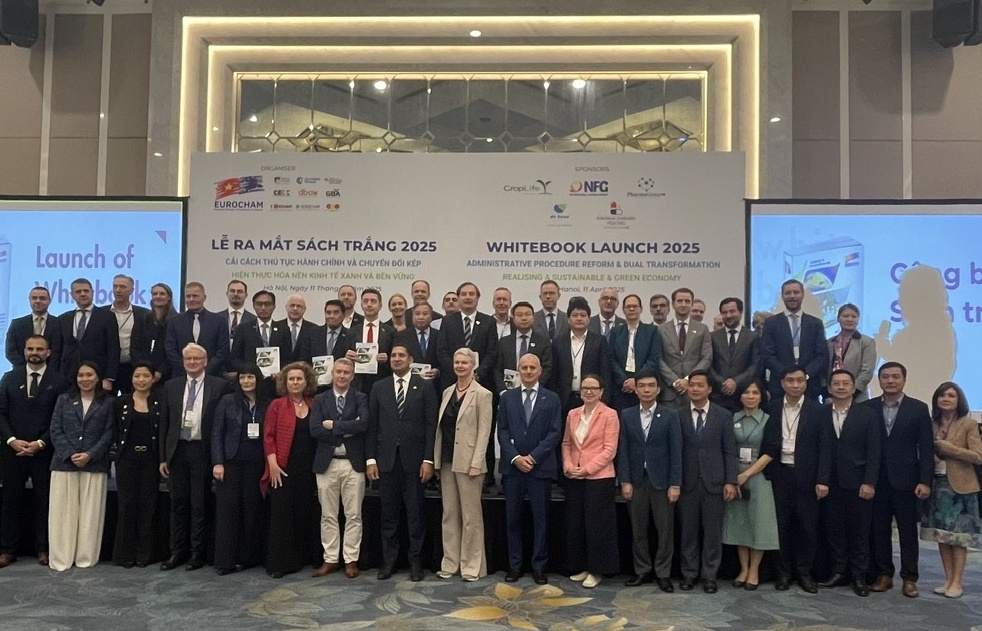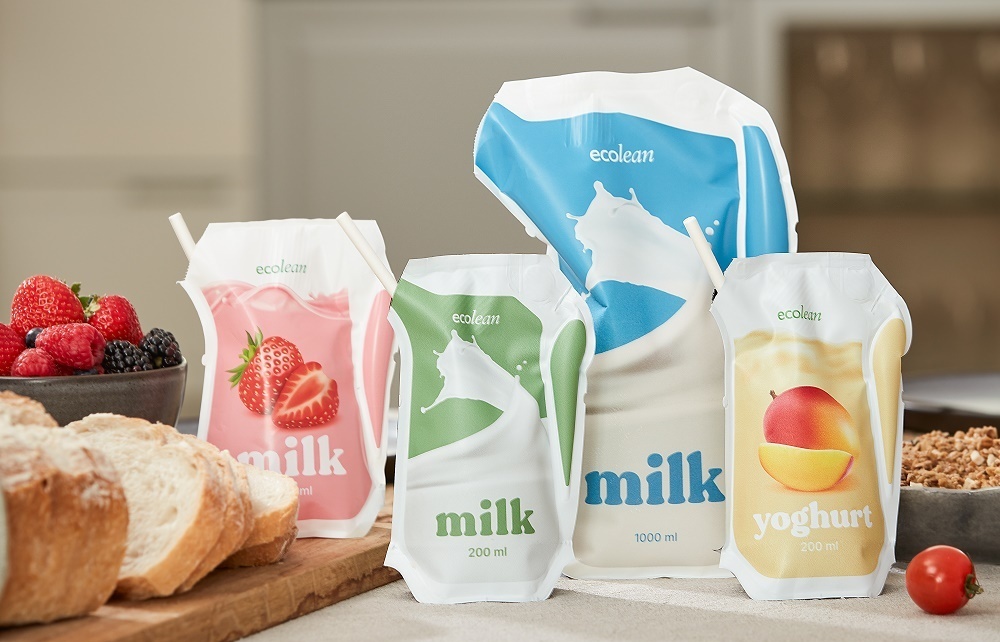Grab and Uber fined, Mai Linh and Vinasun losing value
| Ha Noi taxis to use common operating software | |
| Uber reduces fare gap in Ho Chi Minh City | |
| Taxi firms slam ‘impossible’ restrictions |
 |
| Vinasun's stocks have lost almost half of their value in the past seven months (Illustration) |
Grab and Uber drivers penalised
According to the statistics of the Inspectorate under the Ho Chi Minh City Department of Transport, from early 2017 till now, 97 Grab and Uber drivers were found violating regulations and fined accordingly for a total of VND348 million ($15,312).
The main violations of Grab and Uber drivers include lack of business registration, name, telephone number of the operating companies, and the slogan “Life, above all” on the cars’ body.
Recently, the Ho Chi Minh City Department of Transport assigned its Inspectorate to seriously penalise car drivers who are using the Grab and Uber applications without indicating all the necessary information.
According to the Inspectorate, there are a lot of difficulties in fining Grab and Uber drivers. In case Uber or Grab cars are running, the inspectors cannot stop them to check whether they are Grab or Uber car drivers or not.
To ascertain facts, the Inspectorate needs cooperation from passengers. However, most passengers are afraid of possible problems when dealing with the Inspectorate, so they often avoid telling the truth.
Instead, they say that the Grab or Uber drivers are their family members or friends. Thus, the plan to penalise Grab and Uber drivers violating the rules is not really efficient.
Traditional taxi tickers rendered worthless
Despite some problems around Vietnamese regulations, Grab and Uber still continue to lure in numerous drivers and customers due to their convenience and reasonable prices, while traditional taxis, especially those listed on the stock exchange, are confronted with difficulties.
On August 25, Mai Linh Group was listed on the UPCoM with the ticker MLN at the price of VND11,500 ($0.5) per share on the first trading day. However, afterwards, MLN’s price has been constantly decreasing. At the end of the last trading session on August 28, it went for VND5,900 ($0.3) per share, a reduction of 55 per cent in value after two trading sessions.
There had been some concerns that this is not the right time for Mai Linh to be listed, as application-based taxi companies like Grab and Uber are on an upswing.
Nevertheless, Mai Linh optimistically set the target revenue of VND1.19 trillion ($52.4 million), an increase of 6 per cent compared to 2016, and the after-tax profit of VND35.7 billion ($1.6 million), an increase of 41 per cent compared to last year.
Similarly, from early 2017 till now, the price of Vinasun’s stock VNS listed on HoSE has plunged by 44 per cent.
In particular, on January 3, 2017, VNS was traded at VND32,700 ($1.4), but on August 28, 2017, its price was only VND18,100 ($0.8). Thus, in seven months, VNS dropped by VND14,600 ($0.6). With a total of 67,859,192 outstanding shares in the market, it is estimated that Vinasun is suffering a loss of more than VND990 billion ($43.56 million).
According to Asia Pacific Securities JSC (APEC Securities), the Vietnamese taxi market has great potential with the annual forecasted growth rate of more than 10 per cent due to the increasing demand of domestic customers and international tourists. However, it seems that investors do not see long-term profit in stocks in the industry, as app-fuelled taxis are running laps around traditional competition.
What the stars mean:
★ Poor ★ ★ Promising ★★★ Good ★★★★ Very good ★★★★★ Exceptional
Themes: Ride-hailing services
Latest News
More News
- Hong Kong Disneyland Resort Celebrates Earth Month by Transforming Main Street Taxi (April 11, 2025 | 13:56)
- Evnia Partners with Ground Zero Gaming for Exclusive 2025 Season Collaboration (April 11, 2025 | 13:50)
- Deputy PM meets lead US negotiator for trade talks with Vietnam (April 11, 2025 | 12:23)
- 5G infrastructure receiving push due to bespoke policies (April 11, 2025 | 10:37)
- Celebrating the Vietnamese journey to innovation (April 11, 2025 | 10:27)
- MoF seeks business proactivity in ESG (April 11, 2025 | 09:49)
- Diversity felt in retail models and spaces (April 11, 2025 | 09:02)
- Foreign brands keep up their convenience store dominance (April 11, 2025 | 08:56)
- Marvell Group expands cooperation in human resource training for semiconductor industry (April 10, 2025 | 17:47)
- New tariff pressures spark structural shift in Vietnam’s timber sector (April 10, 2025 | 16:52)
















 Mobile Version
Mobile Version